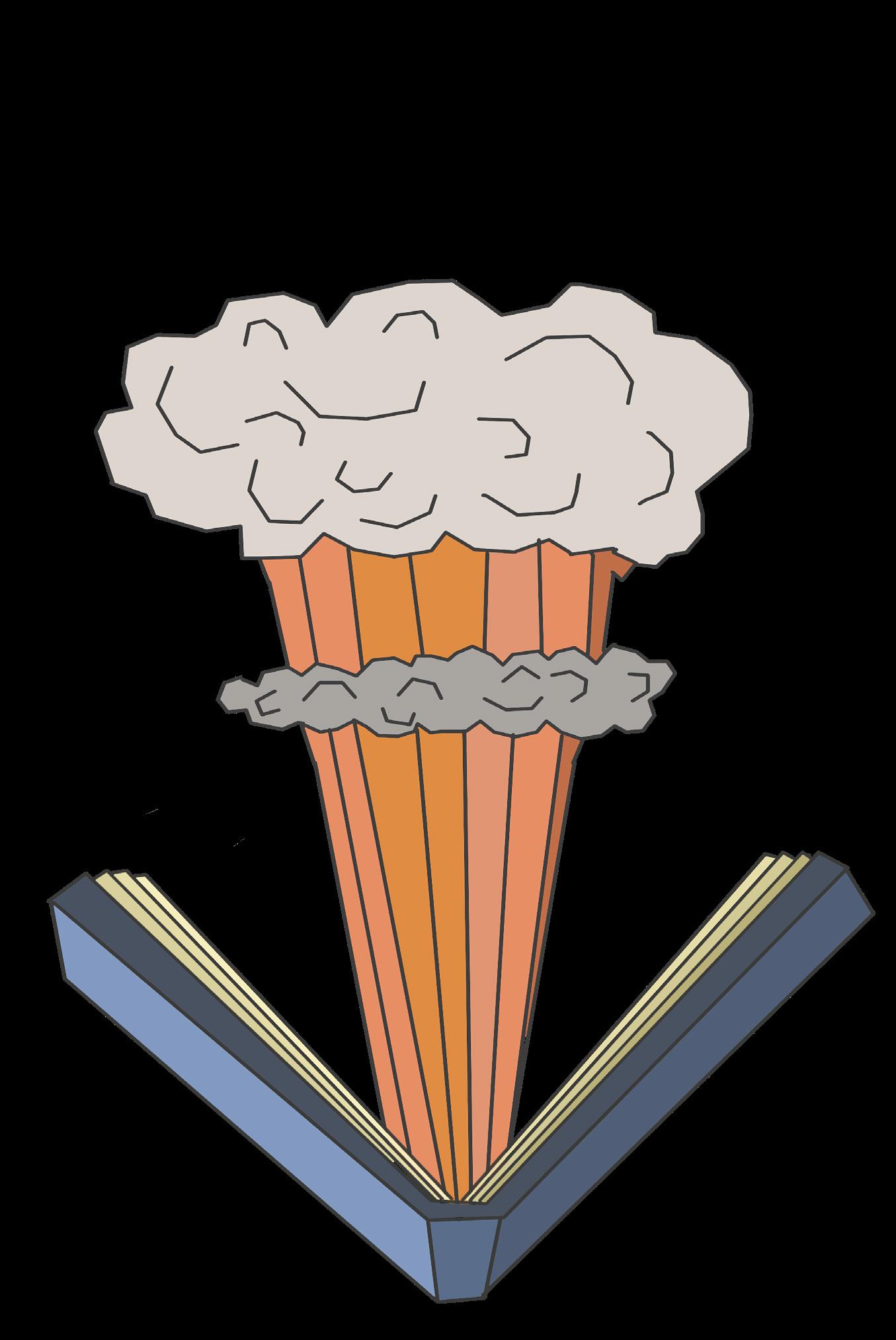
4 minute read
Confessions of a Theatre Kids
from Issue 266 - Us
Confessions of a Theatre Kid: How Performance has Shaped Who I Am
Kit talks about a childhood led by theatre and how it has helped her overcome challenges and discover who she is.
There’s often one theme that ties together those fuzzy recollections from early childhood. For me, it was theatre; whether I was performing in a primary school play as a particularly animated squirrel, being taken to see my favourite contestant from Any Dream Will Do, or spending countless Sunday afternoons watching West Side Story (my mum’s favourite) on television.
So, I suppose it’s unsurprising that I grew up into that distinct variety of teenager known as a ‘theatre kid’ (defined by Urban Dictionary as someone who does “weird things with weird people usually involving song”). Often people envision a ‘theatre kid’ as someone who just cannot get off the stage, and though I’ve had my share of turns in the spotlight, my love of theatre transcended performing—it formed part of who I was.
I’m lucky that my family had both the means and inclination to visit the theatre, and those brief moments spent in an auditorium are some of my most cherished. There’s a particular feeling that accompanies live theatre, an ephemeral, irreplicable experience shared with a room full of complete strangers.
Once the curtain fell though, theatre formed the backdrop to my everyday life. It was the soundtrack to my revision, the subject of my excited rants to my long-suffering friends, the cause of my sleepless nights staying up to watch the Tonys. There was a cast recording for every occasion, and I heard myself in the characters, listening to how they dealt with their problems so I could work out how to deal with my own.
Being a ‘theatre kid’ did tangibly improve my life; having suffered for many years from a debilitating shyness, I eventually forced myself to join a local theatre production and felt the first spark of a confidence I had been sorely missing. But, clichéd as it sounds, theatre was mainly something internal that allowed me to work out who I was, and who I was becoming.
Nowadays, I no longer need to rely on theatre as a crutch for describing my personality—it’s an aspect of myself, rather than my defining characteristic. But even now, it’s hard to shake years of full-blown theatrical obsession. It’s 1am, my housemates and I are shouting along exuberantly to the Hamilton soundtrack, and I feel my 14 year-old self light up with excitement.
By Kit Sinclair Page Design by Chiara Crompton
41 Generation Dystopia: Why are we so Obsessed with the End of the World?
Lilith looks into the novels that were popular amongst Gen Z teenagers and examines our fascination with a doomed world.
The Hunger Games, Divergent, The Maze Runner; if you’re a student in 2021, it’s likely you grew up reading (and watching) these familiar trilogies throughout your teens. The dystopian trilogy dominated Young Adult fiction sales throughout the 2010s, but why were we so obsessed with humanity’s impending doom?
Actually, there are several reasonable explanations. Firstly, dystopias rely on a certain level of relatability to their readers. While it might seem hard to draw comparisons between yourself and Katniss Everdeen at first glance, fundamental parallels exist. The typical narrative structure of a dystopia goes something like this: a coming-of-age protagonist (often a heroine), typically an outcast, assumes the role of underdog and incites rebellion against the status-quo, usually headed by an authoritarian leader who oversees a totalitarian state or oppressive regime that threatens mankind’s livelihood.
However, as the protagonist navigates their precarious society, they are simultaneously battling the more mundane aspects of adolescence (because no young adult novel would be complete without a love triangle). In this sense, the protagonist becomes representative of their reader. Novelist Moira Young captures the essence of this teenage dystopia: “books set in either chaotic or strictly controlled societies mirror a teenager’s life; at school, at home, with their peers and in the wider world”. We all know that familiar feeling of teen-angst; constantly undermined by the adults who control your life, your teens feel like it’s you against the world. More significantly, our attraction to dystopias stems from the realisation that these futures aren’t all-too distant. In fact, we’re living some of them out now. Dystopias portray speculative futures which often have an eerie prophetic quality—just look at the enduring relevance of Nineteen Eighty-four. When aspects of a novel are recognisable in our own world, they reflect the more ominous undertones of current society. In this way, authors provide implicit social commentaries through their satirical fictitious landscapes which encourage us to think critically about the world we inhabit.
Yesterday’s adults caused the unsettled climate of today, and the power to change tomorrow lies with us. Technology, climate-change, WMD, deadly viruses and the widening economic inequality gap all threaten civilised life as we know it. As Young explains, this is why the dystopia really is the zeitgeist of our epoch; they’re written by “anxious adults, worried about the planet, the degradation of civil society and the bitter inheritance we’re leaving for the young”. Aside from these more profound explanations, the genre is typically plot-driven. Dystopias are no aesthetic literary masterpiece. They are gritty, suspenseful, page-turning plots that keep you reading past midnight on a school night. And in true teen insurgence, what more could you want from a novel?
By Lilith Hudson

Illustration and Page Design by Chiara Crompton






